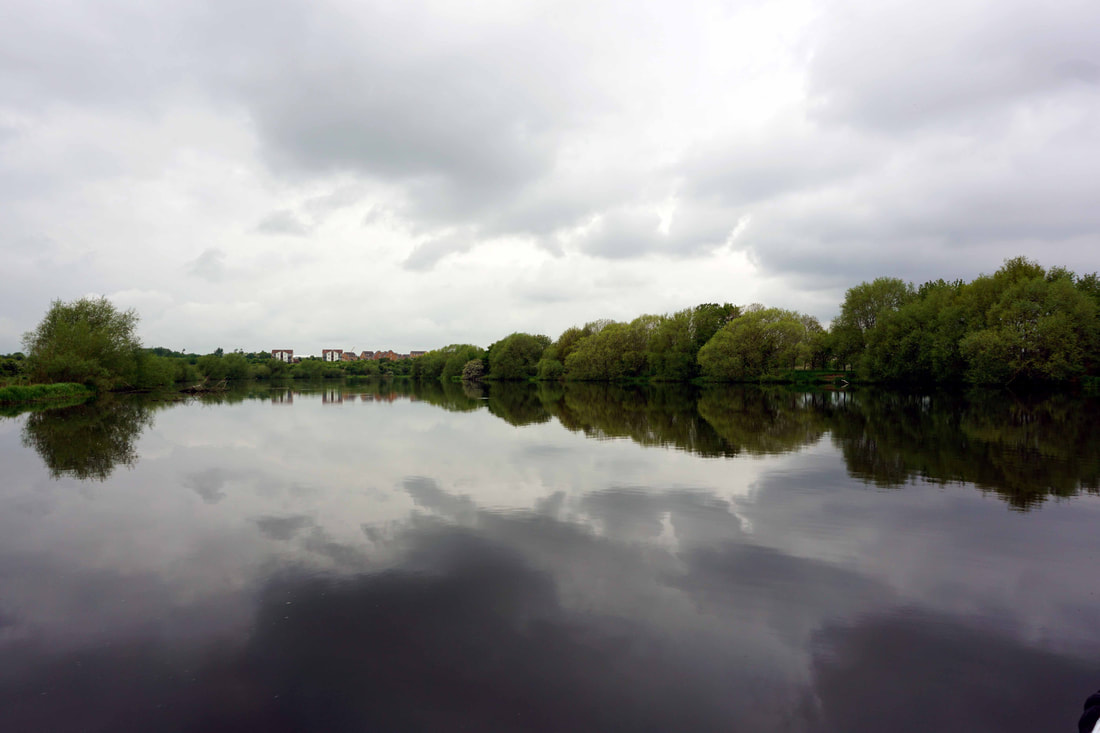- About
- Contact
- Blog
- CONSUME
- GALLERY
-
PERAMBULATIONS, Etc.
- Old Parcels Office, Scarborough
- Ghent
- White Cube
- Cornerhouse, Manchester
- Venice 2019
- Tectonics
- Leeds City Art Gallery
- Hayward Gallery, London
- Hull University Art Gallery
- Whitney Gallery, New York
- Royal Scottish Academy, Edinburgh
- Talbot Rice Gallery, Edinburgh
- Fruitmarket Gallery, Edinburgh
- Modern One & Two, Edinburgh
- Groeningemuseum, Bruges
- Humber Street Gallery, Hull
- Renwick Gallery, Washington DC
- Arenthuis, Bruges
- Ropewalk Gallery, Barton on Humber
- Geementmuseum, Den Haag
- Ferens, Hull
- Crescent Arts, Scarborough
- Walker Art Gallery, Liverpool
- Hepworth Wakefield
- Yorkshire Sculpture Park
- Stedelijk, Amsterdam
- Henry Moore Institute
- Louisiana
- SMK Copenhagen
- Yorkshire Sculpture International
- Tate Modern
- Whitworth, Manchester
 A Dutch landscape - on the River Tees A Dutch landscape - on the River Tees I was fortunate enough on Saturday to join a floating, creative thinking workshop on the River Tees, hosted by a practice called Matterlurgy, (comprising artists Helena Hunter and Mark Peter Wright) which focused on the river’s history and ecology. I think one of the most surprising things was that the river, from Yarm to the edge of Middlesbrough is a green corridor flanked by trees, fields and wildlife, when what one expects to find in such an industrialised area is dereliction and bleak frontages. The river’s banks do change to the industrial when it reaches its tidal portion, there is still a significant commercial traffic on that stretch. But where we were, the legacy of the early industrial revolution had largely been eradicated. Nature has reclaimed the banks, and various creatures have established their homes here, including a seal (which somehow has passed upstream through the tidal barrier). One could take an optimistic view of this – over time nature reclaims lost territory. Our harmful human footprint can be reversed, and some form of balance restored. This I think is one of the great imponderables of climate change. The world as a living organism has evolved through several global traumas and still survives with a huge variety of life. What is different now perhaps is the suddenness of change within the human timescale. We think one hundred years is a long time, when in planetary history it doesn’t even qualify as a blink. When measured in geological timescales, the Anthropocene may be one of the shortest. Were that to be so, Gaia might breathe a sigh of relief. The interfering experiment might be over.
0 Comments
Leave a Reply. |
Archives
March 2024
|

 RSS Feed
RSS Feed